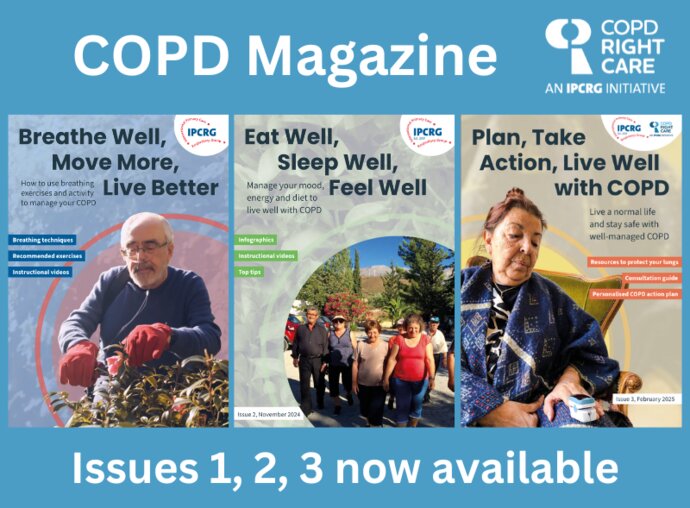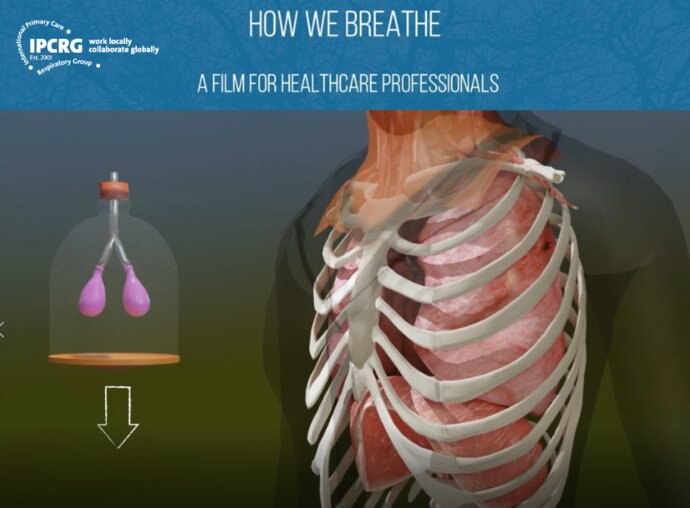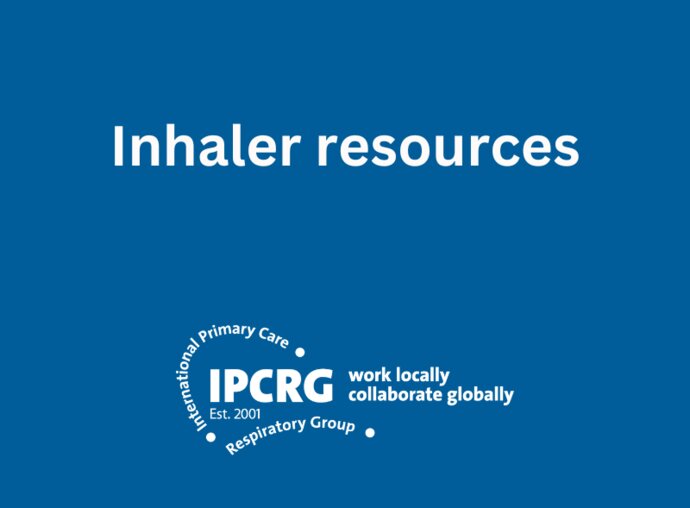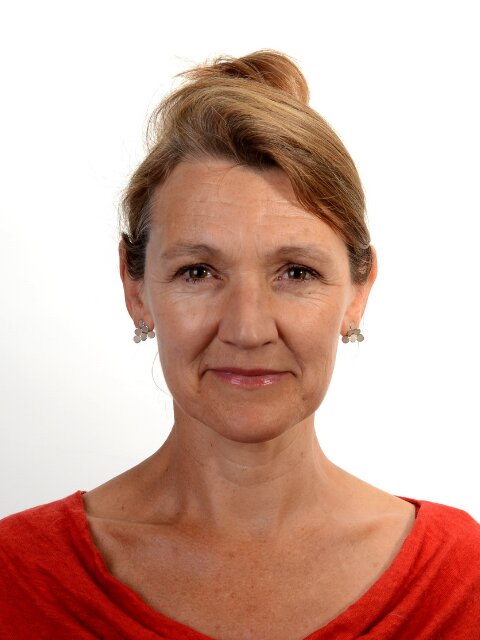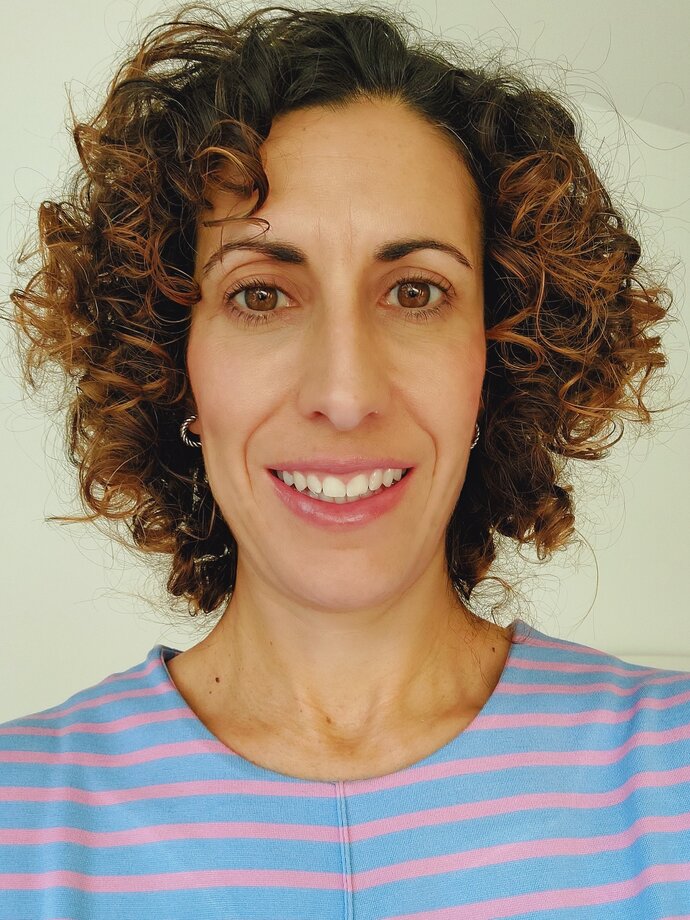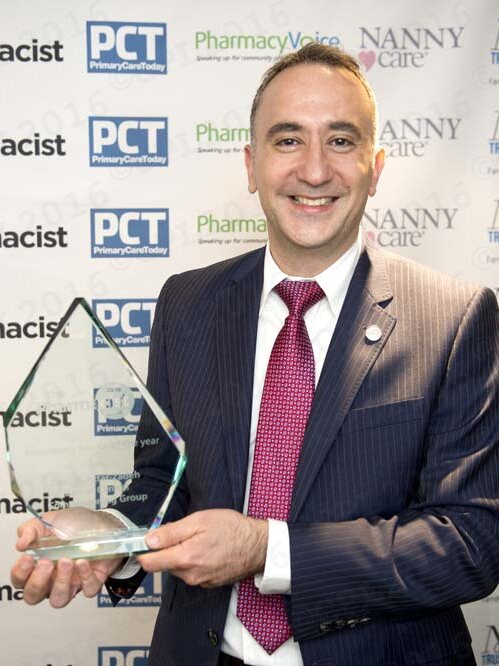COPD Right Care

In 2021 the IPCRG initiated the COPD Right Care programme that follows the above principles of the successful Asthma Right Care movement.
We are building a global social movement to improve care for people living with Chronic Obstructive Pulmonary Disease (COPD). We want to show who people with COPD are, what optimal and safe treatment looks like and why personalisation through shared decision-making is something we must champion.
Clinically effective and cost-effective COPD care consists of a correct, well communicated diagnosis that takes account of multimorbidity, and therapy that includes multiple interventions from the point of diagnosis to address personal need. However, we know that this is not always delivered and where measured in both primary and secondary care, there is stubbornly persistent and unwarranted variation in care. That is, variation in care that is not due to disease variation but provider variation between individuals, offices/clinics, regions and nations. The point of Right Care is to provide the practical advice and support to make it easiest to do the right thing, in your setting.







